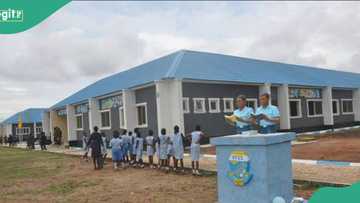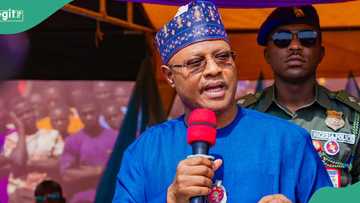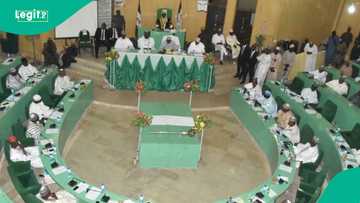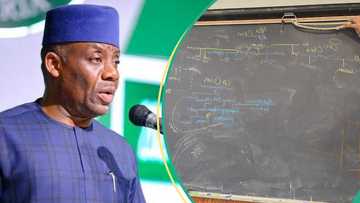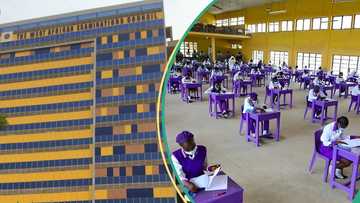Breaking: Tinubu's Govt Approves Official Language That is Accepted for Teaching in All Schools
- The federal government scrapped the policy mandating indigenous languages as the medium of instruction in schools
- Minister of Education Dr Tunji Alausa announced English as the official language of instruction across all education levels
- Data showed students taught primarily in indigenous languages had higher failure rates in national examinations
FCT, Abuja - The federal government has scrapped the national policy mandating the use of indigenous languages as the medium of instruction in Nigerian schools.
The decision was announced on Wednesday by the Minister of Education, Dr. Tunji Alausa, at the 2025 Language in Education International Conference, organised by the British Council in Abuja.
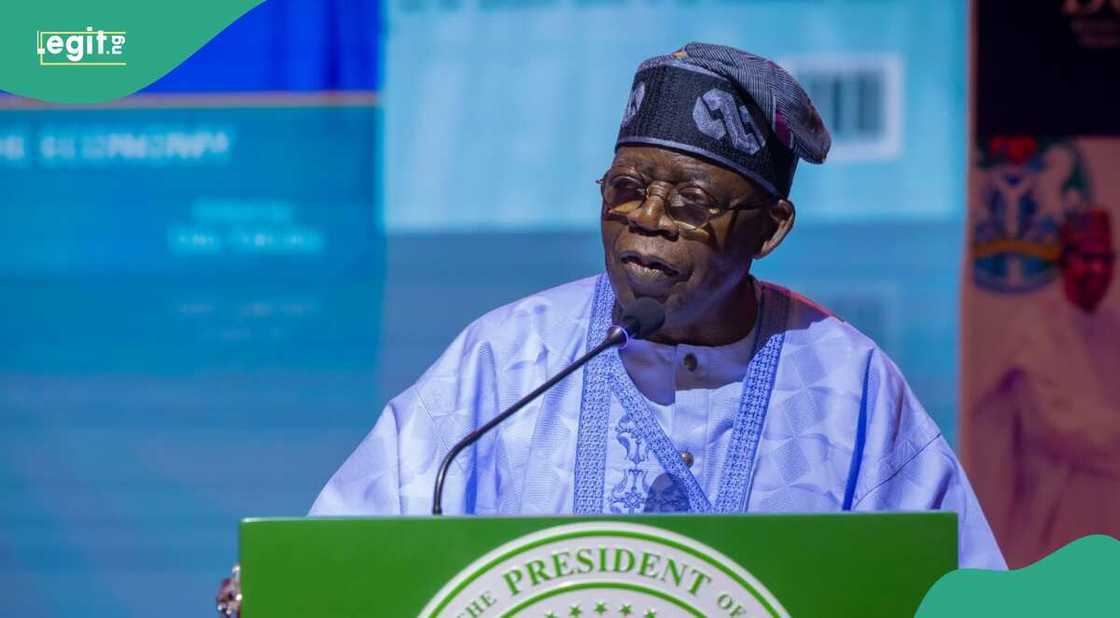
Source: Facebook
As reported by Punch, the cancellation was approved at the 69th meeting of the National Council on Education, held in Akure, Ondo state, from November 3 to 7.
Policy aimed to promote indigenous languages
The now-cancelled policy, approved in 2022 as the National Language Policy, stipulated that children from Early Childhood Education to Primary Six should be taught in their mother tongue or the language of the immediate community.
The initiative aimed to promote indigenous languages, recognise their equal status, and improve early childhood learning outcomes, while English remained the official language for later education and formal settings.
English now the official medium of instruction
Speaking at the conference, Alausa said English would now be the language of instruction across all levels of education, from primary through tertiary.
“We have seen a mass failure rate in WAEC, NECO, and JAMB in certain geo-political zones of the country, and those are the ones that adopted the mother tongue in an oversubscribed manner.
"This is about evidence-based governance. English now stands as the medium of instruction from pre-primary, primary, junior secondary, senior secondary, and tertiary education,” he said.
He added,
“Using the mother tongue language in Nigeria for the past 15 years has literally destroyed education in certain regions. We have to talk about evidence, not emotions.”
Evidence cited for policy change
Alausa noted that data from schools across the country indicated students taught primarily in indigenous languages had higher failure rates in national examinations and struggled with basic English comprehension.
“The national policy on language has been cancelled. English now stands as the medium of instruction across all levels of education,” he declared.
He encouraged stakeholders with differing views to present verifiable data to support their positions and stressed that the government remains open to evidence-based dialogue to strengthen the education sector.
FG plans teacher training and reforms
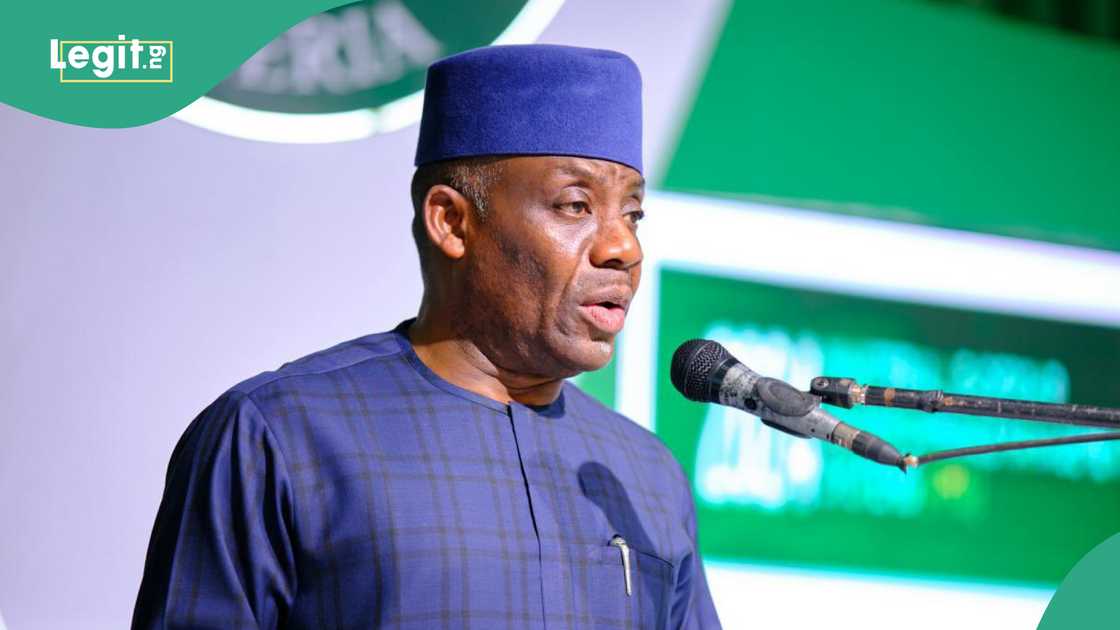
Source: Facebook
Meanwhile, the Minister of State for Education, Prof. Suwaiba Ahmed, said the federal government is implementing measures to address learning challenges at the foundational level, Vanguard reported.
“Now we are designing a training package for teachers that focuses on literacy and numeracy. This specifically targets teachers of pre-primary to Primary One to Three. We are training them on the best methods to teach literacy and numeracy and the appropriate approach to classroom learning,” she said.
British Council reaffirms support for reforms
The British Council Country Director, Donna McGowan, reaffirmed the council’s commitment to supporting Nigeria’s education reforms.
“We’re committed to working hand-in-hand with the ministry. We work across all areas of education in terms of supporting teacher professional development, school leadership, and language proficiency,” McGowan said.
FG explains 3 new Federal Varsities in Lagos
Previously, Legit.ng reported that the federal government had clarified that the newly approved Federal University of Science and Technology, Epe, Lagos State, did not a violation of the ongoing seven-year ban on establishing new tertiary institutions.
The clarification was made by the Federal Ministry of Education following public concern over the recent announcement of the university’s establishment despite the moratorium.
Source: Legit.ng


